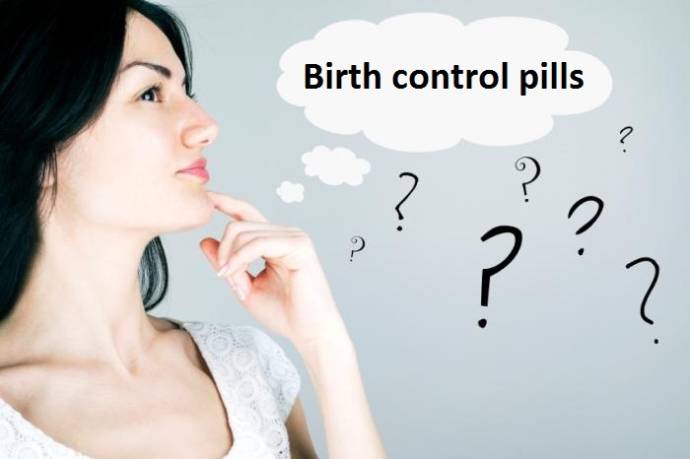While people get ready to start thinking about starting a family of their own, one of the most common thoughts you are likely to encounter is whether the forms of birth control you have been using to prevent pregnancy to that point could have on the body and the time it would take for the body to become fertile and the effects of birth control on your body. Generally, after going off birth control, your fertility rates reverse back to what it would eventually be. It does not go back to what it was or being perfect, it goes back to the rate which you would expect if you weren’t taking birth control. The level of fertility depends on a number of factors like age, health and lifestyle factors. Is your birth control messing with your fertility rate? Read on to find out more.
Here is a list of different types of contraceptives and information about their effects on your fertility.
Barrier methods
If you were relying on a diaphragm or a condom for birth control, the return is instantaneous as they don’t affect the body internally and works as long as they are in or on the body and can give you the added bonus of preventing STDs which can cause infertility. For “natural methods”, women are aware of their ovulation cycles and track them anyway.
Oral contraceptive pills
Pills are a controversial topic when it comes to discussing their effects on the fertility of the body. While a number of women swear by the pill and claim that the pill can help to regulate the menstrual cycle and helps ultimately in increasing the chances of conceiving, with another group being concerned about the possible negative effects of using synthetic hormones can harm the ovaries and mess with the process of conception. People often worry about the negative effects of the pill on the fetus and opt for using condoms as contraceptives before they attempt to conceive. However, doctors suggest that this is completely a misconception and that this process of “cleansing” is an absolute myth, with studies finding no correlation between babies conceived during the time that the mothers used birth control pills and having any type of birth defects.
It is also a misconception that ovulation can take several months to get start after stopping consuming the pill. Ovulation generally begins within weeks after stopping oral contraceptives with over 80%women who want to get pregnant getting pregnant, which is the normal rate for general populations. Of course, there may be some women who can take a longer time to start ovulating but that is not generally associated with the pill but other underlying factors like the age, weight and other physiological issues. The pill can actually help boost in fertility by reducing the chances of contracting ovarian or uterine cancer and suppressing endometriosis symptoms.
Other types of hormonal contraceptives
Depo-Provera is an injectable birth control used every three months for women who don’t want a baby anytime soon. Depo-Provera, despite being highly effective for birth control, it does have some lingering effects on fertility. Despite not being effective for birth control after three months, it can remain deposited in the muscles and keep affecting the body. The hormone generally takes 10 months for fertility to return though you can get pregnant after three months. After a year and a half, the rate of pregnancy is the same as the general populations.
IUDs
While IUDs were often avoided due to the misconception that they cause pelvic inflammatory diseases(linked to infertility), it has later been linked to exposure to STDs. Upon the removal of an IUD, the return of fertility is very rapid and the ovary recovers within a cycle or so with fertility rate resuming to whatever it should be.
Sterilization
With sterilization becoming a popular choice amongst both men and women, it is interesting to consider the effects of such a surgery in men and women. While it is meant to be a permanent process, over 1-5% people often change their minds and ask for reversals. While it can be hard to get pregnant after a reversal, it is not impossible. In women, a reversal offers a 40-70% chances of getting pregnant and it depends on factors like the time between the reversal and the original sterilization surgery, age, the method used for the original surgery and the length of the tube that is left to be joined. Even with a successful surgery, there will always be scarring and there is an increased risk of an ectopic pregnancy.
Men have a more successful rate with 85-97% men having sperm eventually in the ejaculate and the most important factor in this is the time lapse between the vasectomy and the reversal surgery and the time taken is around 12 months. IVF can also be an option that does not take a reversal surgery.
No matter what method for birth control you use it is important to remember that you may get pregnant and should get ready to expect immediately after going off it.





